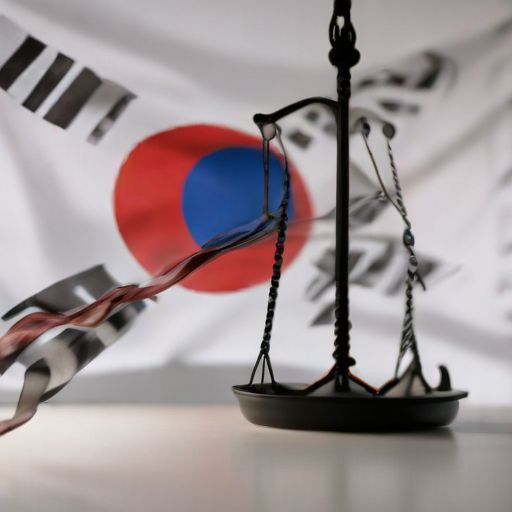Amnesty International’s East Asia Researcher Boram Jang reacted to the state of emergency law declared by South Korean President Yoon Suk Yeol, emphasizing that it should not serve as a justification for violating human rights. Jang called for transparency from President Yoon regarding the rationale behind the martial law declaration and insisted that any actions taken to limit human rights must be exceptional, temporary, and appropriate to the situation, all of which should be open to judicial review.
Jang expressed concern over the potential transfer of administrative and judicial powers to the military, warning that this could reverse decades of progress in human rights and represent a significant breach of international human rights law. Furthermore, she highlighted that even in emergencies, the rule of law should prevail, and martial law must not be exploited to stifle dissent or limit fundamental freedoms.
In a late-night televised address, President Yoon announced the imposition of martial law, vowing to eliminate what he described as “shameless pro-North Korean anti-state forces.” Reports emerged indicating that under martial law, parliamentary activities and political party operations would be banned, while media outlets would fall under military oversight, and assemblies and demonstrations would be prohibited.
Martial law in South Korea is only permissible during extraordinary circumstances that threaten the nation’s survival, such as war or armed rebellion. It remains uncertain whether President Yoon’s justifications for this decree—citing alleged subversive activities and impeachment proceedings—meet the rigorous legal and constitutional criteria outlined in the Martial Law Act and the Constitution. International human rights frameworks dictate that such emergency measures must be necessary, proportionate, and strictly temporary.
The situation is concerning, yet there is a glimmer of hope as public discourse and international scrutiny may provide a counterbalance against potential overreach, reinforcing the importance of upholding human rights standards even in times of crisis.
In summary, the declarations made by President Yoon have raised significant alarm among human rights advocates, who are calling for clarity and adherence to legal standards to ensure that the fundamental rights of citizens remain protected.
